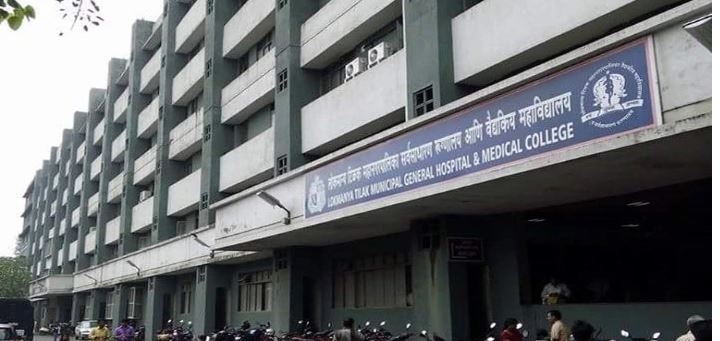Bombay High Court Rejects Cancellation of MBBS Admission Based on False Information: Citing National Need for Doctors
The Bombay High Court declined to annul the MBBS admission of a student who secured entry into a prestigious Mumbai college using false information on an OBC-Non-Creamy Layer Certificate, citing India’s significantly low ratio of doctors to the population.
According to Live Law, a division bench comprising Justice AS Chandurkar and Justice Jitendra Jain noted that the petitioner has successfully completed her MBBS course. The bench expressed that it would be inappropriate to revoke her qualification at this juncture, particularly considering that she has attained the status of a qualified doctor.
Bombay High Court Rejects Cancellation of MBBS Admission Based on False Information: Citing National Doctor Shortage, Despite False Information; Reclassifies Under Open Category
The High Court remarked that in a country like ours, where the ratio of doctors to the population is notably low, any move to revoke the petitioner’s qualification would result in a loss at the national level, as it would deprive the citizens of the services of one doctor.
However, the division bench revoked the Non-Creamy Layer Certificate, reclassifying her admission under the Open Category. The doctor has been instructed to pay the disparity in her fees, along with a penalty of Rs 50,000, imposed on her for providing false information.
It was noted that despite the intense competition for admissions in medical colleges and the significant expenses associated with the courses, the student’s choice to resort to unfair methods is unjustifiable, as is her parents’ involvement in it.
The Bombay High Court was considering a writ petition filed by the doctor, contesting the cancellation of her admission due to the invalid Non-Creamy Layer Certificate.
Bombay High Court Rejects Cancellation of MBBS Admission Based on False Information :Background of the Case
According to Live Law, the doctor secured admission in the MBBS program at Lokmanya Tilak Municipal Medical College and Hospital in Sion during the 2012-13 academic year under the OBC category, based on her Non-Creamy Layer (NCL) Certificate.
However, an inquiry was initiated following a plea for scrutiny of such admissions. The Enquiry Committee investigated the doctor’s father, who had obtained the certificate. It was discovered that there were inconsistencies in his statements regarding his income and marital status.
He had misrepresented his marital status, as he had divorced his wife in 2008, and also provided false information about her employment status. Contrary to his claims of her having no income, she was actually employed at the Corporation.
Consequently, the college authorities cancelled her certificate in October 2013, and her admission was revoked in February 2014.
Days later, the petitioner approached the High Court to contest the annulment of her admission. While the court granted her temporary relief, permitting her to continue her studies, it restricted the benefits she received under the OBC category.
In her plea, she highlighted her completion of the MBBS course internship and a Diploma course in Obstetrics and Gynecology.
She argued that her father’s income fell below the stipulated limit for the Certificate, as per the Government Resolution of October 14, 2008. She maintained that the information provided by her father was accurate, challenging the cancellation of her Certificate and admission.
According to reports, the court observed that the Resolution did not specify considering only one parent’s income for the Certificate; it emphasized taking into account the salaries of both parents.
The court also remarked that the petitioner’s father’s claims regarding his marital status, divorce, and cohabitation were inconsistent.
Consequently, it concluded that the Non-Creamy Layer Certificate was based on false information. “If the medical profession is founded on false information, it would tarnish the integrity of the noble profession. In our opinion, a student’s foundation should not be built on false information or suppression of facts,” the Court was quoted as saying by Live Law.

